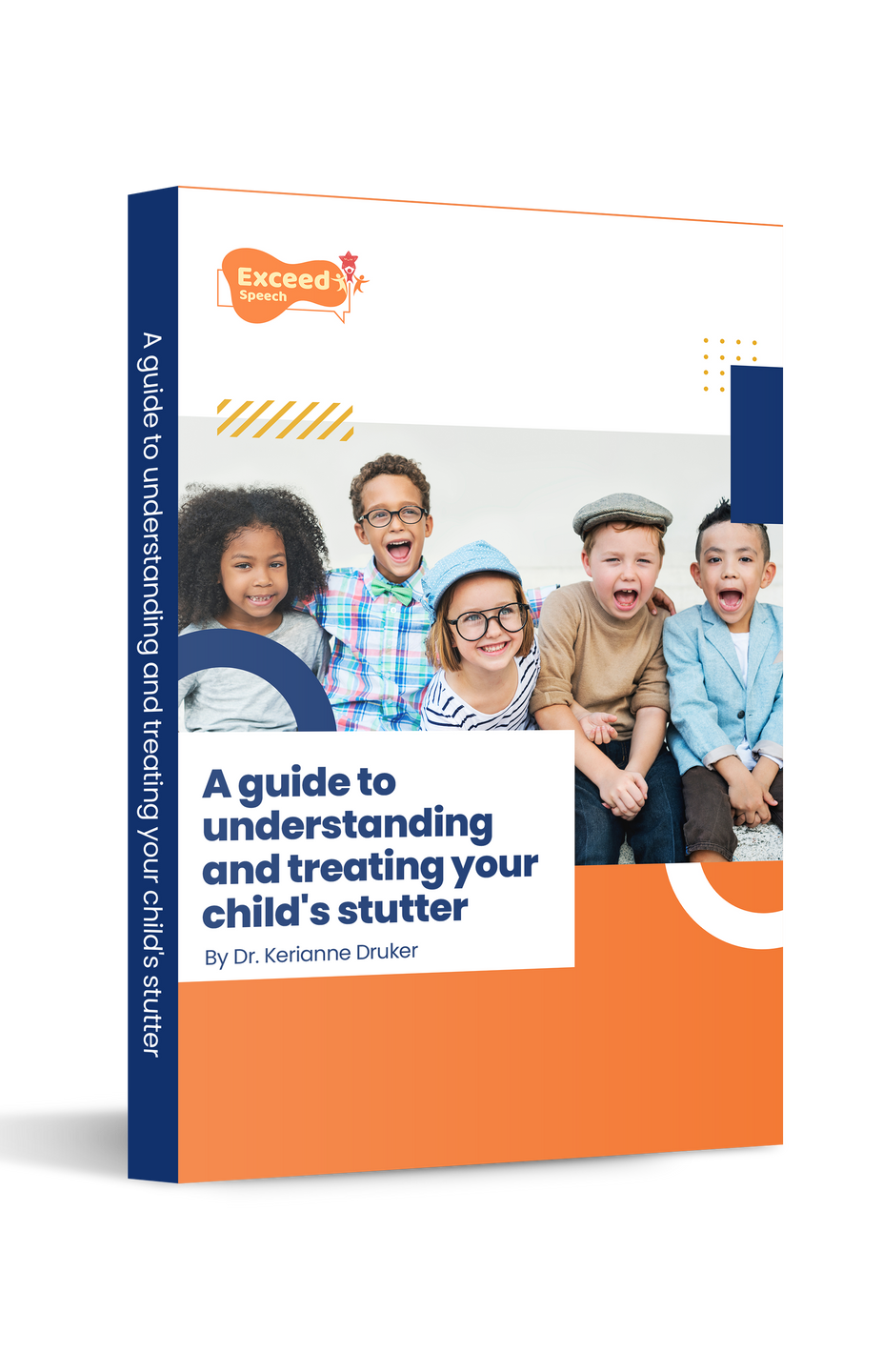Robust Theme
Dec 09, 2019 2020-04-08 7:40Robust Theme
Understanding Late Talkers

Understanding Late Talkers
As a parent, there is nothing more exciting than hearing your child’s first words. The idea and reality of your child actually SAYING what they want or need, is music to parents’ ears, and makes life so much easier and less frustrating for everyone!! That’s why, it’s not uncommon for parents to start feeling stressed when they notice their baby or toddler seeming to be quieter than other kids their age.
This blog will describe what a “late talker” is, outline milestones for typical talkers, and share 3 key strategies to support your toddler to start using more words.
What is a late talker?
A late talker is usually a toddler between 18 months to 30 others who is quite literally “late to talk” – meaning they use fewer words than expected for their age, despite understanding language well and having no other concerns with their development. Around 13% of children are classified as “late talkers”.
What do we expect by 18 months and 2 years for children's talking?
By 18 months of age, we expect a child to have a vocabulary of around 20 words, and by 2 years old, we expect a child to be combining words into short phrases (e.g., more milk, up mummy).
How can I help my toddler learn more words?
These are my top three tips to get your toddler talking:
- Take the pressure off – try and focus on the types of words your toddler is hearing and being exposed to and avoid asking lots of questions or asking your toddler to copy words. For example, if you are on a walk and you see a car drive past, it is beneficial to just point and label “car”, instead of asking questions such as “what’s this?”, or asking your toddler to repeat the word e.g., “say car”. Children often need to hear words many many times before they try to actually say the word, especially at the early stages of language development - so focusing on what language they are hearing is very helpful.
- Follow their lead – a huge part of early language learning relies on what we call “joint attention”. Joint attention is when a toddler and his/her caregiver are paying attention to the same thing. Word learning can only happen successfully when there are moments of joint attention, because if your child is paying attention to you when you tell them the word, they are more likely to start understanding and eventually use the word. So, it is best to add words and language to activities or items they are interested or already engaged in, instead of trying to redirect your toddler’s attention to a specific object or activity. For example, we all know how disappointing it can be when you give your child a brand-new toy and they are more interested in the box than the toy! From a language learning perspective, you will get more out of adding words like “open”, “close”, or “box”, than by trying to redirect attention to the new toy they are not showing interest in at that time and trying to label it.
- Add lots of language – the best way to help your toddler’s language to develop is by giving them lots of exposure to language. Try and narrate your toddler’s day as much as you can, so your toddler hears lots of language in familiar daily activities (e.g., bathtime and during meals).
Implementing these tips is a great start to supporting your toddler with their talking - but if you are concerned about your child’s language development, or feel your child may need extra help to kickstart their talking, please get in touch.
Early intervention is so important and so effective, so it is best to act when they are little to give them the best chance at developing excellent lifelong communication skills!

Free eBook
A guide to understanding and treating your child’s stutter
Take a sneak peak of what the Stuttering Toolkit has to offer, and learn about the treatment principles that have proven successful for more than 90% of children who stutter.
Get Free eBook

